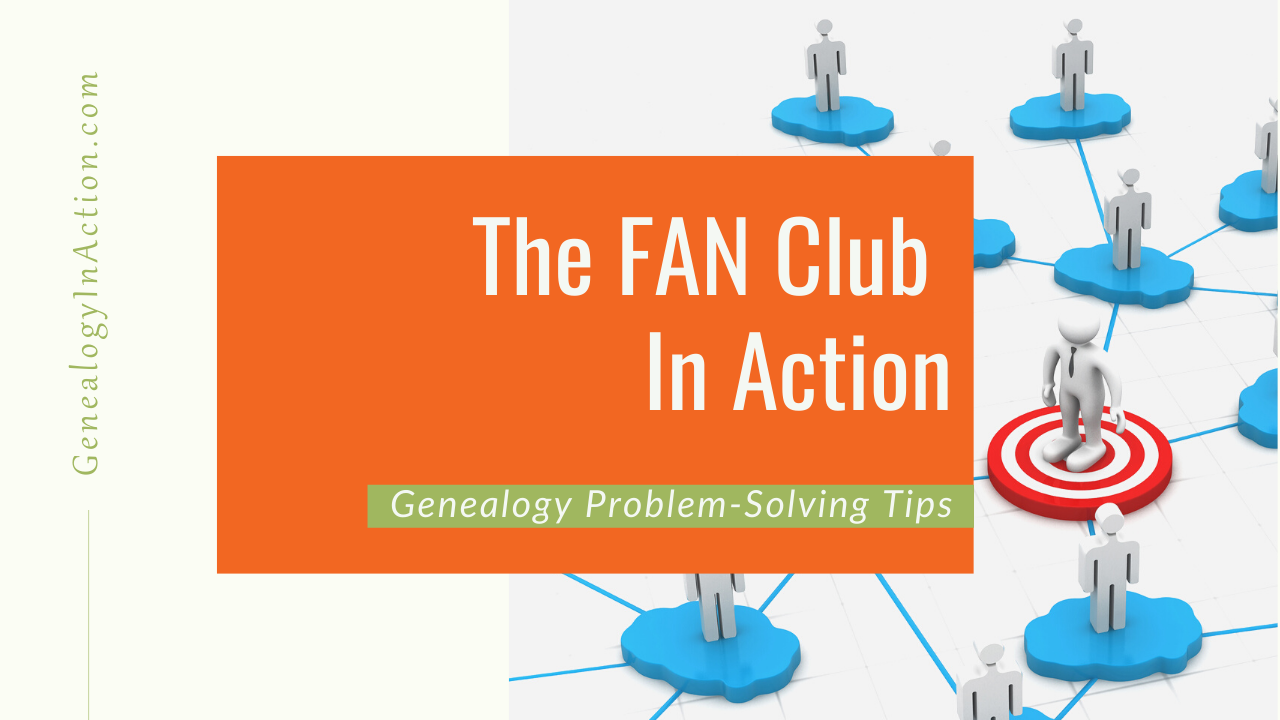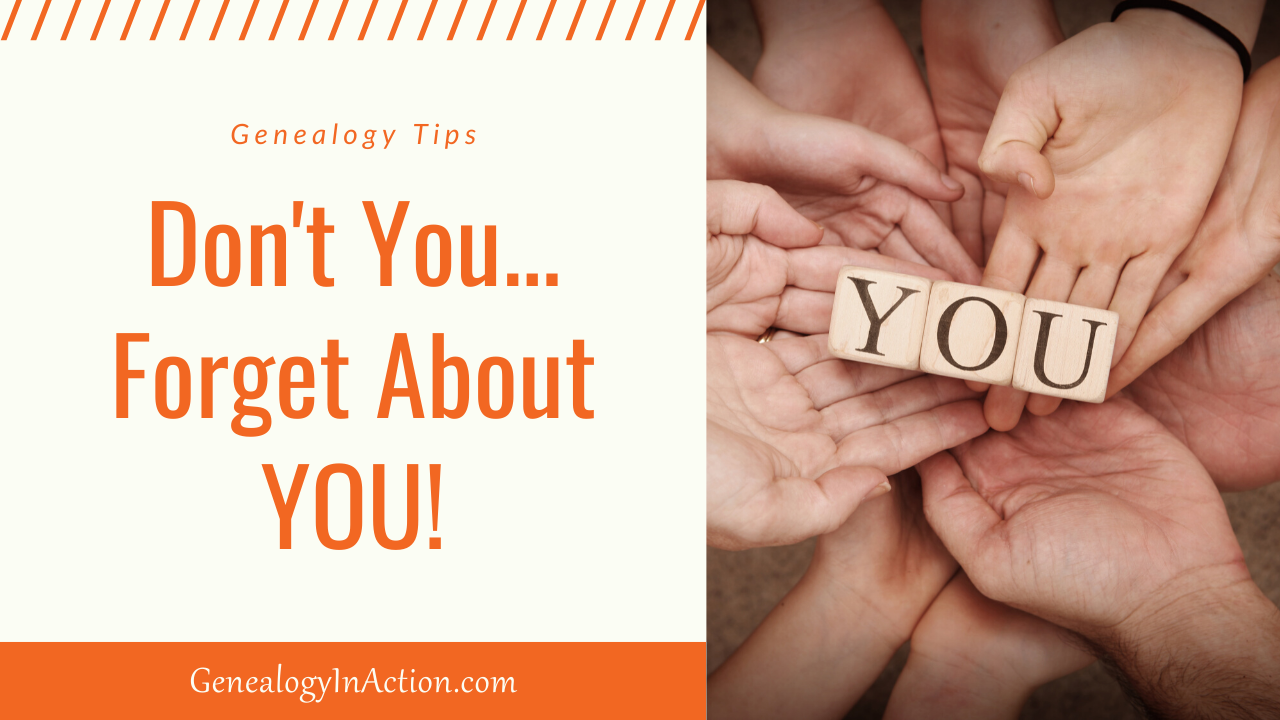Genealogy In Action Blog
Learn about various record types, methods and strategies, references and resources, and tools and technology to help you grow your genealogy skills. Articles also include a take-action prompt so you can immediately put into practice what you learned.
FAN Club is a phrase coined by Elizabeth Shown Mills. FAN represents family/friends, associates, and neighbors—the people that were part of your ancestor’s social network. By including these people in your research, you may uncover clues that can help answer questions of identity, relationship, origin, and more.
Solomon Norton is most likely my sixth great-grandfather, but I've had trouble proving the relationship to him and his daughter Sarah, my fifth great-grandmother. There are mentions of th...
You’ve spent countless hours filling in the details of your ancestors, but have you taken the time to record your own biographical details? I actually did this several years ago as a departure from research (sometimes you just need a break!!). I spent some time entering a variety of my life events into my genealogy database. It was a good exercise for me, because as I get older, certain details just seem to fade away. Since that initial project, I regularly add things to my database. Usually it’...
When it comes to genealogy, finding records can be a challenge, which often leads to brick walls. Well my friend, if you’re in this boat, this is for you!
The biggest question we try to answer is: Does a record exist for the time and place of interest, and where on earth is it?
So, how can you go about finding records, both those you’re familiar with and those you’re not?
The FamilySearch Wiki is a great online tool. Consider it your on-call research assistant. You can head over there any time,...
Academic libraries are probably one of the most overlooked repositories when it comes to genealogy research. But the universities and colleges in the states in which your ancestors lived should definitely be on your list of places to look. These libraries usually contain special collections or archives related to the history of the state or region, as well as the areas surrounding the campus. Even better, many universities are digitizing their archival collections and making them available onlin...
As genealogists, we typically use core records when we start exploring a person or a family. These core records include censuses, vital records, probate records and wills, gravestones, and land records. But these are just the tip of the iceberg. There are three records types I want to call attention to. These are what I consider next-level sources.
1. Cemetery Records
I know, I just said gravestones were a typical core record. True, but I’m talking about records beyond the gravestones. There a...
STAY IN THE LOOP
Want to be the first to know when new educational opportunities are available?
Pop your first name and email address into the form and you'll be the first to learn when new products are released (AND, you always get first dibs and even special offers). You'll also receive my Genealogy Quick Tip each month.
You'll join my list of happy subscribers, but don't worry...I respect your privacy—I will never spam you or sell your email address. You can unsubscribe at any time.



